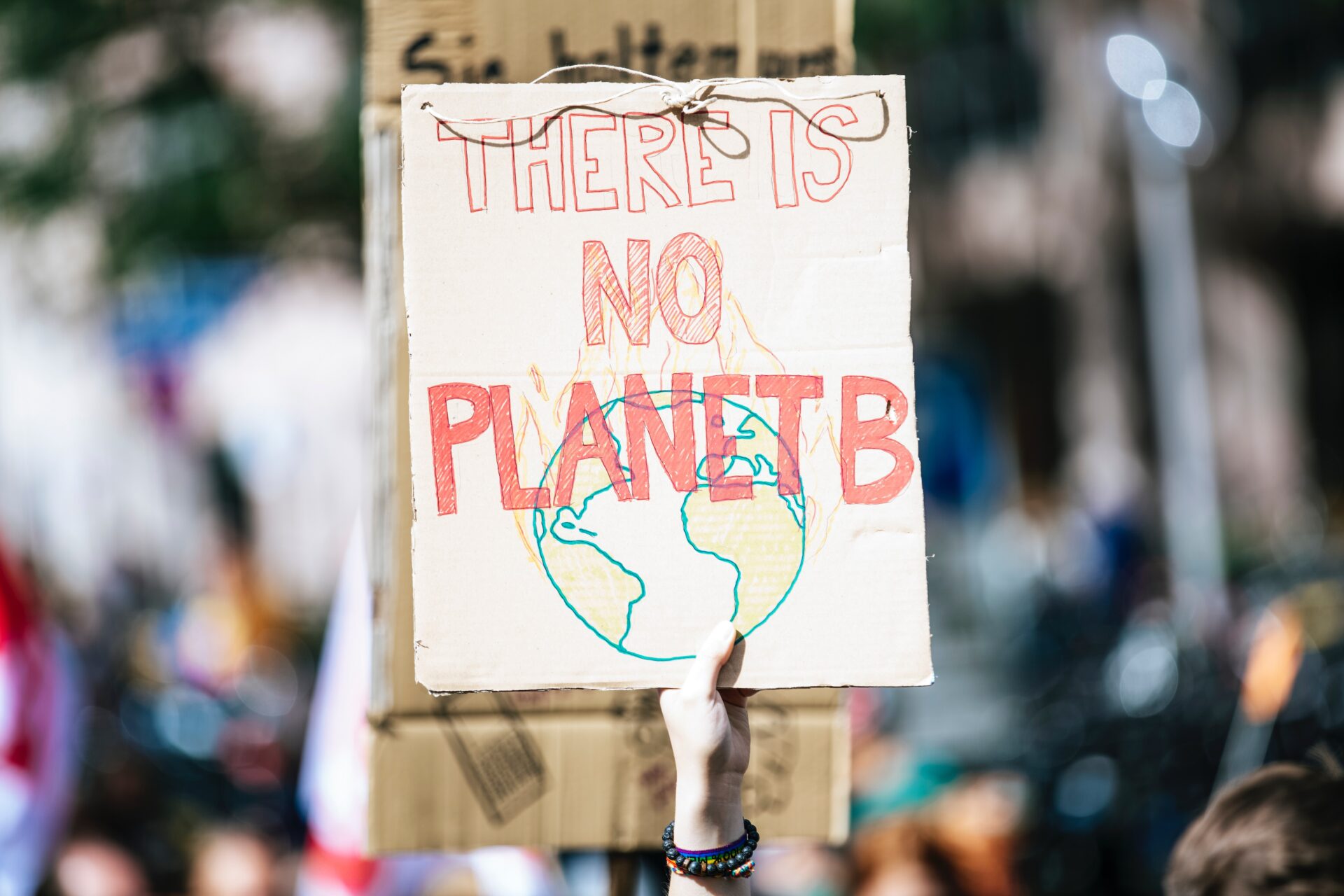
Photo by Markus Spiske on Unsplash
Cruel summer
As I write this, I am getting some much-needed respite from the oppressive Texas heat. What feels like August heat descended upon Texas in early June. Within a month, hundreds of people were taken to the hospital for heat-related sickness and injuries. Temperatures in the triple digits and high humidity levels along the southeastern coast worked like a terrible pressure cooker, not only in Texas but along the southeastern United States. In late July, the water temperature in Florida measured above 100º, an alarmingly high temperature for wildlife that is accustomed to warm, not hot, temperatures. The scientific consensus is that climate change is to blame for the smoldering hot summer this year, beating previous years as each preceding year seems to have done.
Climate change, unfortunately, has become a political – not creational – issue. A study published by the Intergovernmental Panel on Climate Change’s Working Group III outlines ways that countries can curb the tide of impending disaster. What stands in the way, however, are loyalties to oil and gas companies, the (largely political) belief that climate change is made up by scientists, and lack of funding. These problems go back decades. The United States never ratified the Kyoto Protocol despite President Bill Clinton’s agreement in 1998. Congress (and President George W. Bush) deemed it to be too dangerous to the United States economy. Later, citing similar economic concerns, President Donald Trump withdrew the U.S. from the Kyoto Protocol’s successor, the Paris Agreement, although President Joe Biden rejoined the agreement. In today’s literal climate, the question must be asked – which is more important, politics or the planet?
As the heat of the summer continues on and likely becomes more severe next year, as Christians we must remember our command to creation care and reexamine our choices. Climate change isn’t a political issue, it’s a grim reality that is facing us all.
For Christians the answer should be clear. God tasked humans with caring for creation (Genesis 2:15). The United States Conference of Catholic Bishops says,
We show our respect for the Creator by our stewardship of creation. Care for the earth is not just an Earth Day slogan, it is a requirement of our faith. We are called to protect people and the planet, living our faith in relationship with all of God’s creation. This environmental challenge has fundamental moral and ethical dimensions that cannot be ignored.
This is why it is disheartening to hear the question of stewardship attuned toward questions of politics and the economy, rather than steps toward environmental protection. Both the Old and New Testaments describe the goodness of creation and the call of humans to protect it.
Why then do we question our role in damaging it? Why do we allow politics to get in the way of our command? The answer may be as simple as convenience. To live in the world, post-Industrial Revolution, without damaging it takes effort. I am very cognizant of my own role in this. The laptop I am using to write this piece undoubtedly contains materials mined from the earth, minerals which we are depleting. In the ethics course I teach, my students are often dismayed that they cannot “fix” the problems of the world because they seem so insurmountable. To be fair, they are right – no one person can fix any of the major problems facing humanity, although Bill Gates has at least tried with his vaccination programs.
Rather, we must be discipled back into a slower and more intentional way of life. Perhaps this means taking public transportation where available, or at least carpooling when it is not. Many cities and even states charge for plastic bags at stores, prompting the use of reusable bags. One of the professors I had in my doctoral program lived as off-the-grid a lifestyle as one can possibly do within an urban area. There are ways to do it, but they are creative ones – creative solutions for creation care. As the heat of the summer continues on and likely becomes more severe next year, as Christians we must remember our command to creation care and reexamine our choices. Climate change isn’t a political issue, it’s a grim reality that is facing us all.
Dr. Claire Hein Blanton is an ordained Baptist minister in Houston, Texas. She received her PhD in systematic theology and ethics from the University of Aberdeen.
The views expressed are those of the author and not necessarily those of American Baptist Home Mission Societies.



